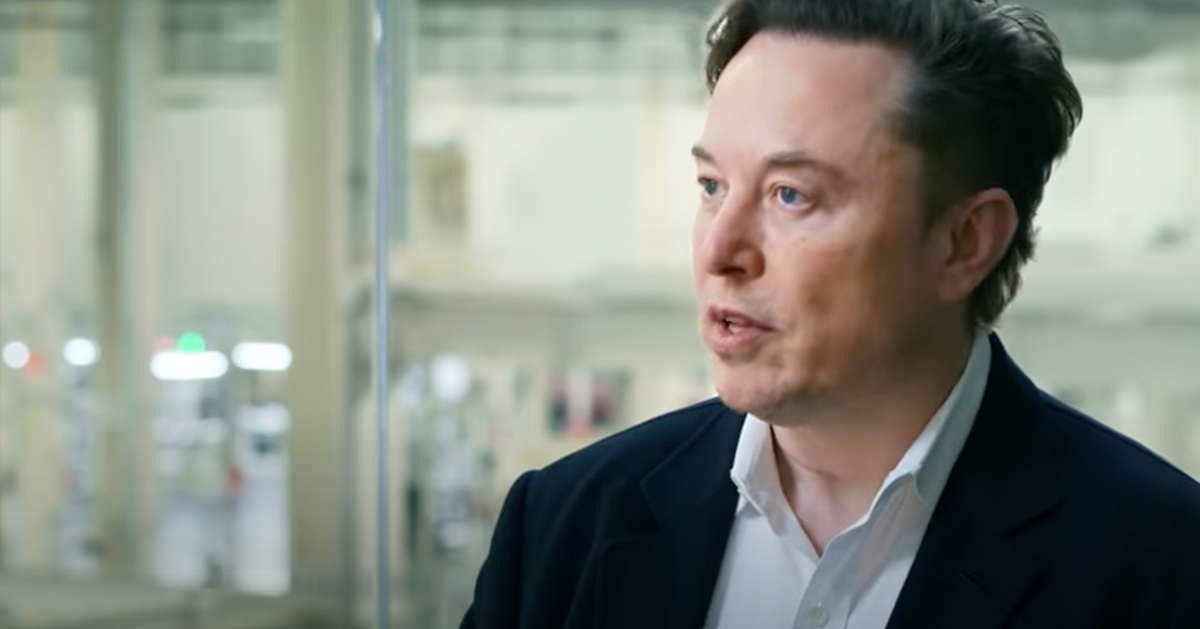Treasury contemplates potential plan for changes to Secret Service
U.S. Treasury Secretary Scott Bessent recently revealed significant plans regarding the future of the Secret Service, proposing its potential reintegration into the Treasury Department.
The potential shift in approach to the Secret Service under Trump aims to bolster financial crime investigations and national security, as the Daily Caller reports.
The discussion of these changes was highlighted during an interview with Daily Caller editorial director Vince Coglianese, where Bessent expressed a strategic vision for Trump's possible second term in office.
The move to reintegrate the Secret Service into the Treasury Department is a part of this vision, focused on strengthening the United States' financial infrastructure and security framework.
Historically, the Secret Service was part of the Treasury until the aftermath of the Sept. 11 attacks, when it was moved to the newly formed Department of Homeland Security in 2003. This transition was part of a broader governmental reorganization aimed at consolidating national defense efforts.
Historical Context of Secret Service's Organizational Shifts
Trump's first Treasury Secretary, Steven Mnuchin, also advocated for this move back to the Treasury during his tenure, citing the importance of cybersecurity and a robust financial system to the nation's security. Despite these efforts, the proposal faced resistance and required Congressional approval, which it did not achieve at the time.
Mnuchin's concerns about cybersecurity highlight the ongoing challenges in protecting America's financial infrastructure, which continues to be a pressing issue today.
Bessent reiterated these concerns and further emphasized the Treasury's role in national security during his interview. He outlined the department's involvement in managing economic sanctions and monitoring international threats, such as terrorism and financial crimes.
Expanding Treasury's Role in National Security
"I think [the Secret Service] might like to come back. That’s a long arc project," Bessent commented during the interview, signaling that while the move is desired, it would be a long-term effort.
He also highlighted the Treasury's ongoing focus on economic sanctions against countries like Iran and Russia, and the increasing scrutiny on Mexican cartels, recently designated as international terrorist organizations.
These efforts underscore the Treasury's critical role in economic and national security beyond its fiscal responsibilities.
"Our number one goal this year is passing and making permanent the 2017 tax cuts and jobs act. I said that is pass-fail for us. And then we will move on to, I think at Treasury we can do one big thing a year and three to five important things in the same year," Bessent stated, outlining the priorities for the upcoming term.
Strategic Priorities and Long-Term Goals
These strategic priorities set by Bessent for the Treasury, including the potential reintegration of the Secret Service, reflect a broader agenda to enhance the United States' economic and security posture on the global stage.
The aspiration to reintegrate the Secret Service under the Treasury's wing is positioned as a long-term project, potentially spanning several years and requiring coordinated efforts across multiple sectors of the government.
With these proposed changes, Bessent aims to bolster the nation's defense against economic threats and enhance its capabilities in financial crime investigations, reinforcing the interconnected nature of economic policies and national security strategies.
Implications for National Security and Economic Policy
As these discussions advance, they will likely provoke debate among policymakers and the public, particularly regarding the optimal structure for the Secret Service and its role within the federal government.
The integration of the Secret Service back into the Treasury would mark a significant shift in its operational framework and could potentially lead to more focused efforts on financial crimes, which are of increasing concern in today's digital and globally interconnected market.
While the full implications of such a move remain to be seen, the ongoing discussions provide a glimpse into the possible future of U.S. national security and economic policy alignment under Trump's potential second administration.






